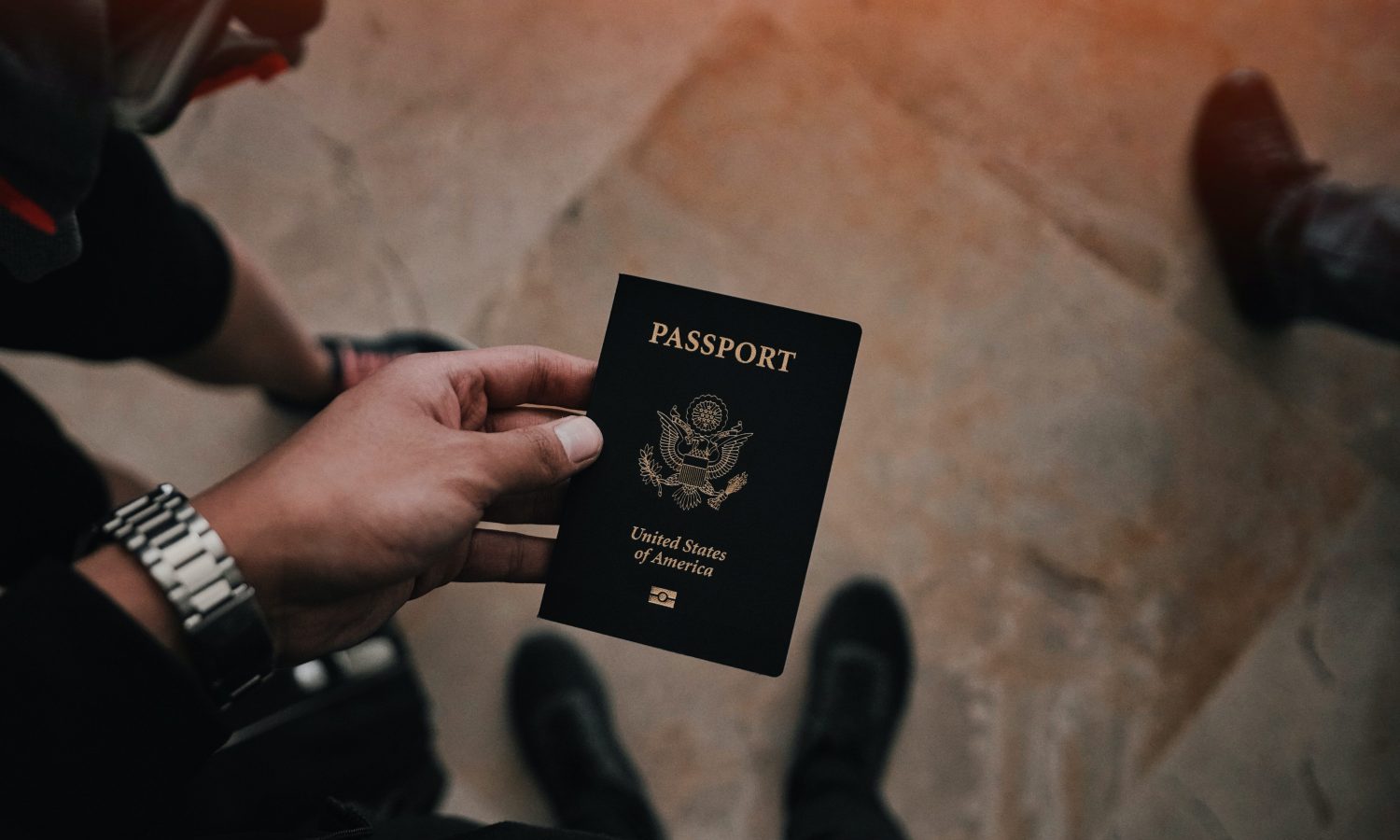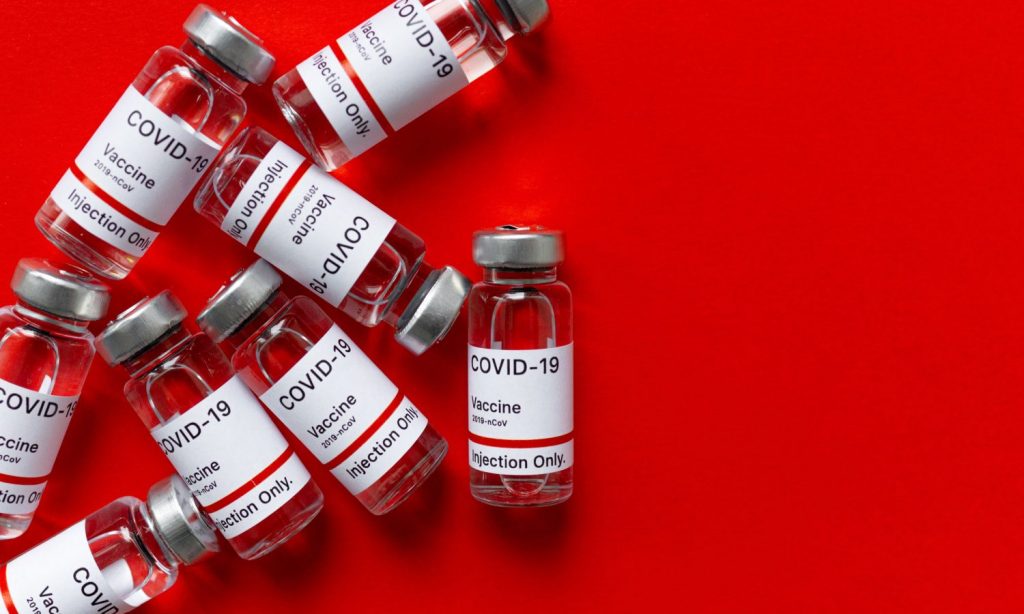
As the world tries its best to get back to normal, one of the proposed solutions and measures for accountability is vaccine passports. In theory, these digital documents are meant to be a simple way of getting the majority of people to be able to travel and return to a semblance of normalcy. They’re a complicated undertaking that many governments and tech companies are trying to figure out.
The idea of a vaccine passport has been floating around for some time now, with President Biden’s cabinet suggesting an international database that can be accessed by all governments in order to verify who’s been vaccinated against COVID-19 in order to prevent further spread of the virus. Denmark is one of the first countries to formulate a concrete plan by introducing these passports by the end of this month. The digital passport will be initially available to business travelers.
“In Denmark, it has been decided to implement a COVID-19 vaccination passport in a very short time frame. The solution will be based on the existing national infrastructure and the national vaccination database. It is the plan to develop a solution in a public-private partnership,” said Claus Duedal Pedersen, director of the sentinel unit at Sunhed.dk — a unit in charge of a national quality and research infrastructure based on clinical data from specialist physicians.
These documents should be as simple as possible, likely in the form of an app or a document that can be stored in your digital wallet. It should be easy to retrieve and accepted by all governments and forms of travel. Responsible parties should also guarantee that your digital data will be kept safe.
“It’s about trying to digitize a process that happens now and make it into something that allows for more harmony and ease, making it easier for people to travel between countries without having to pull out different papers for different countries and different documents at different checkpoints,” Nick Careen, senior vice president for airport, passenger, cargo and security at the International Air Transport Association, toldTheNew York Times.

Companies like IBM have also been developing digital health passes that could have other uses aside from air travel; these could work for any kind of public space, like concerts, entering a university or rejoining your office or workplace. The health pass can be made up of different bits of data that we’ve learned to measure throughout the past year, smoothing out the imperfections, like providing your your latest test results, temperature checks, and virus exposure much more rapidly and easily.
RELATED: International Travel: Here’s When Experts Predict It’ll Return To Normal
Vaccine certifications are not new concepts; they’re required to enter countries in the form of yellow cards. But the introduction of their digital counterparts would propose an easier way for large amounts of people to verify vaccinations, eliminating some of the hassle that naturally comes with traveling and revising documents.
RELATED: There’s A New CDC Mask Mandate — Here’s What You Should Know
Still, as we’ve witnessed since the start of the year, the vaccine rollout has been clunky and it’ll take a long time before everyone can be inoculated against the virus. The existence of these passports and passes should progress at the same speed as vaccines rollouts, allowing the majority of people to rejoin “normal” living and not only those who have access to this kind of technology and documentation.
You should expect these passports and passes to appear in the near future, but you should also expect a fair share of false starts.





